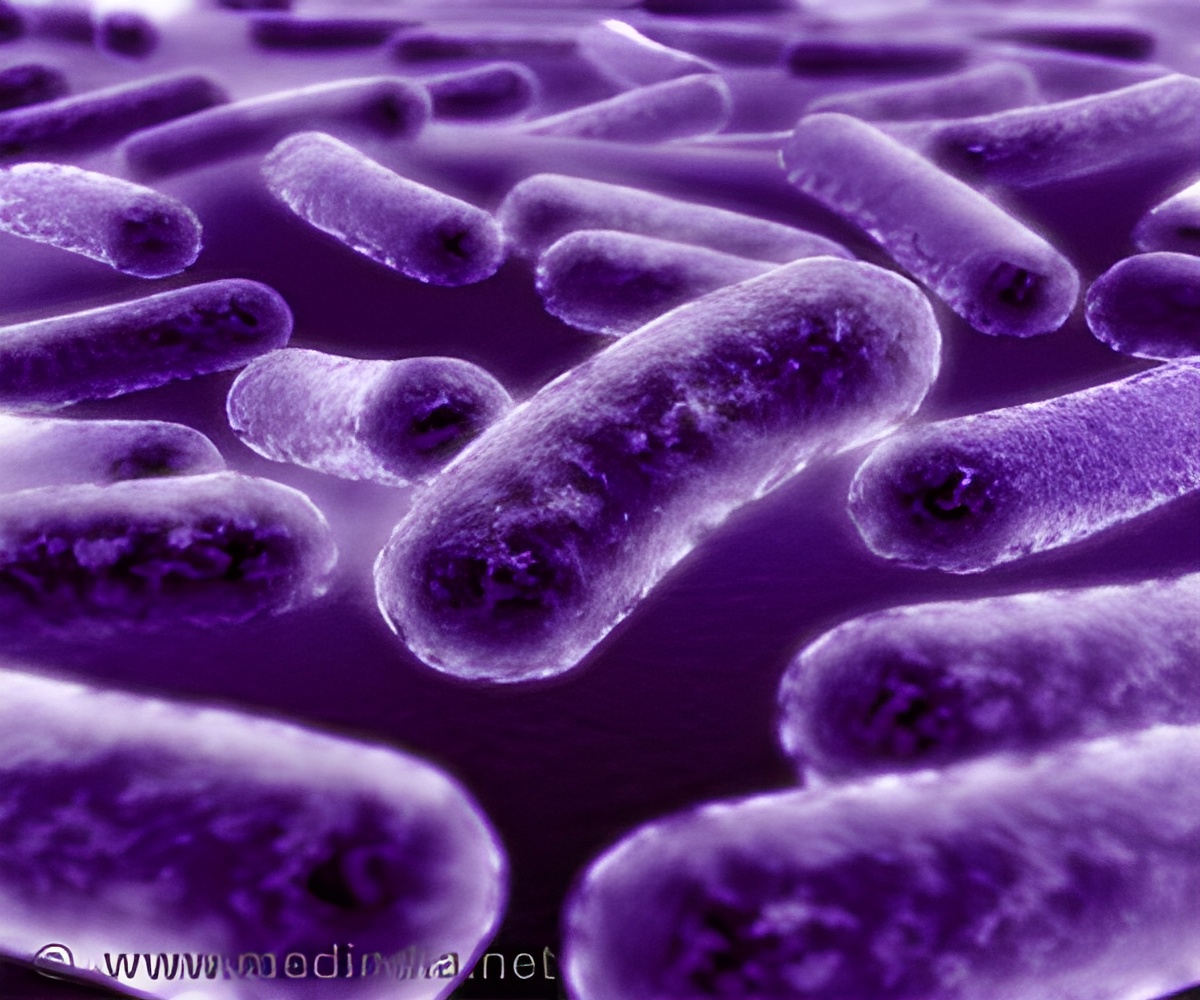Unlike Bacteriophages, phagemids kills specific bacteria without causing the cells to burst and release their toxins. It leaves friendly bacteria intact.

Researchers modeled the engineered particles on bacteriophages that target specific bacteria while leaving friendly bacteria intact.
Bacteriophages have been used in the past research projects but they can have harmful side effects.
"Bacteriophages kill bacteria by lysing the cell, or causing it to burst. But this is problematic, as it can lead to the release of harmful toxins from the cell and can have harmful side effects," said lead author James Collins, an MIT professor of medical engineering.
The toxins released when the harmful bacteria burst can cause sepsis and even death in some cases.
For the new study, the researchers developed a particle that works in a similar way. It targets and kills specific bacteria, without causing the cells to burst and release their toxins. The particles are called “phagemids” because they infect the target bacteria with plasmids.
Advertisement
The team engineered the plasmids using synthetic biology to express proteins and peptides that are toxic to the bacterial host cell. The toxin affects the cells replication and the bacterial cell dies without bursting.
Advertisement
Source-Medindia












